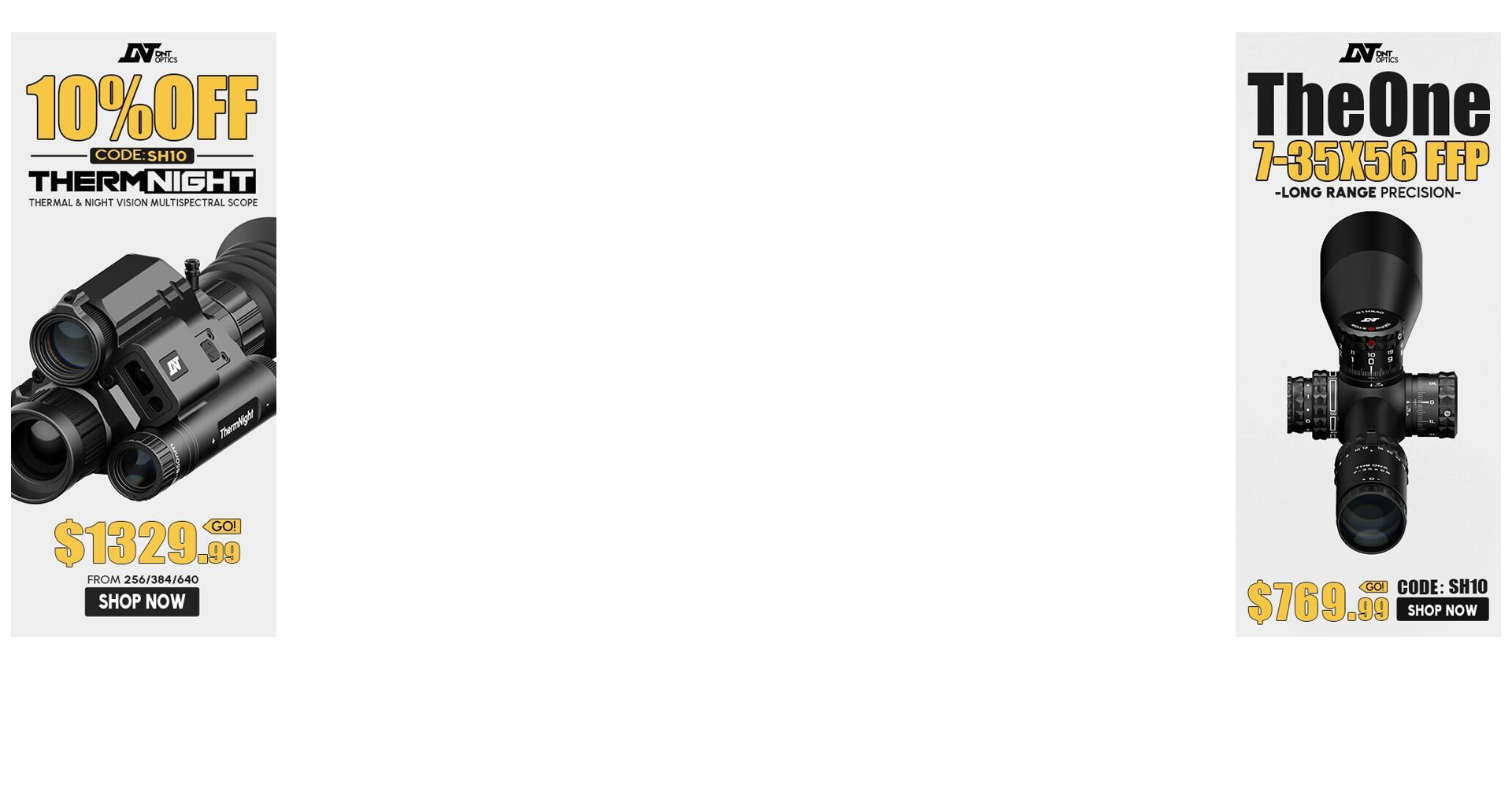Re: Bolt Lube Question
<div class="ubbcode-block"><div class="ubbcode-header">Originally Posted By: Casey Simpson</div><div class="ubbcode-body"><span style="font-family: 'Courier New'">
During the phase when my obsession was lubricity and its properties, I researched far and wide and here is what I discovered.
There are two kinds of lubricants, generally; mineral spirit, and synthetic, with few esoteric exceptions. My nephew is a Mobil Lubricants representative who tells me there's a German grease that debris will not stick to, but I can't find any information about it, for example. Also, he gave me an abundant collection of numerous condiment-size packet samples of greases, both mineral and synthetic. I've used both on guns and things for two or so years. Your friendly, local lubricants distributor will probably be happy to share with you some grease samples
Mineral spirit grease:
Oil eventually separates from mineral based grease in varying degrees depending on the blend. Lubricity changes until finally a mineral grease becomes gummy and ultimately crusty like old shorts. Low temperatures cause mineral based grease to thicken. High temperatures cause it to thin. Higher heat causes melting and running (such as an AR bolt/lugs). Lubricity fails at that point. Synthetic is different.
Synthetic grease:
<span style="font-size: 14pt">Synthetic grease does not separate like mineral grease. Synthetic grease resists thickening and thinning caused by temperature changes. OIl does not separate from solid; there is no oil to separate. Synthetic is more expensive than mineral based grease. Its better. </span>
Since I researched lubricity, and tinkered with both kinds of grease, I've changed to full synthetic motor oil in my car. Amsoil. Superior lubricity. Its lubricating properties last longer -- more than enough to offset the higher cost of the superior, synthetic lubricant (The proprietor of AMSOIL invented synthetic). I save my empty motor oil containers, turn them bottom side up, using the left over for lubing guns and things in my shop.
For applications requiring a thicker, more viscous liquid lubricant, I use synthetic 90w gear oil from Walmart. Brian Enos markets Slide Glide that has a tacky characteristic for slowing slide cycling on auto loading pistols. Mobil produces a synthetic grease for high temperature applications, and its white in color, so it doesn't make stuff nasty with grey or black gunk that is hard to distinguish from carbon fouling. For some apps like sear engagement surfaces, and bolt lugs, I've mixed hexagonal boron nitride with Slide Glide. OMG! Talk about slick? And it stays put. Some greases are fortified with molybdenum disulfide. You could mix this yourself.
Mineral grease will work. Synthetic grease is a superior lubricant.
</span> </div></div>
im with casey on this one. slick is slick. the ity bity "gun oil" bottles are still a lubricant just with a jacked up price.id have to think the automotive lubricant dudes have put about as much research into lubricity as anyone and im pretty sure a motor operates in some pretty extreme conditions.dont soak it, just get it slick and grease on the back of the lugs and your done, go shoot.






